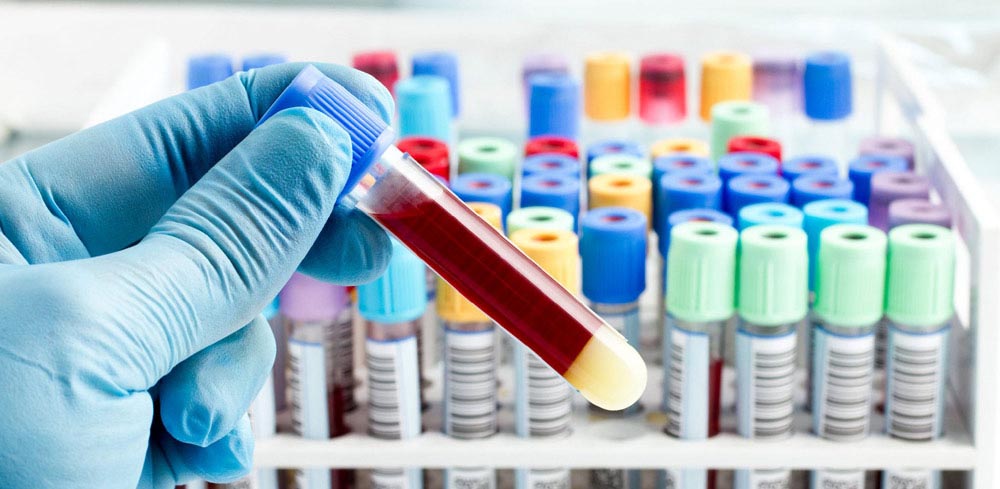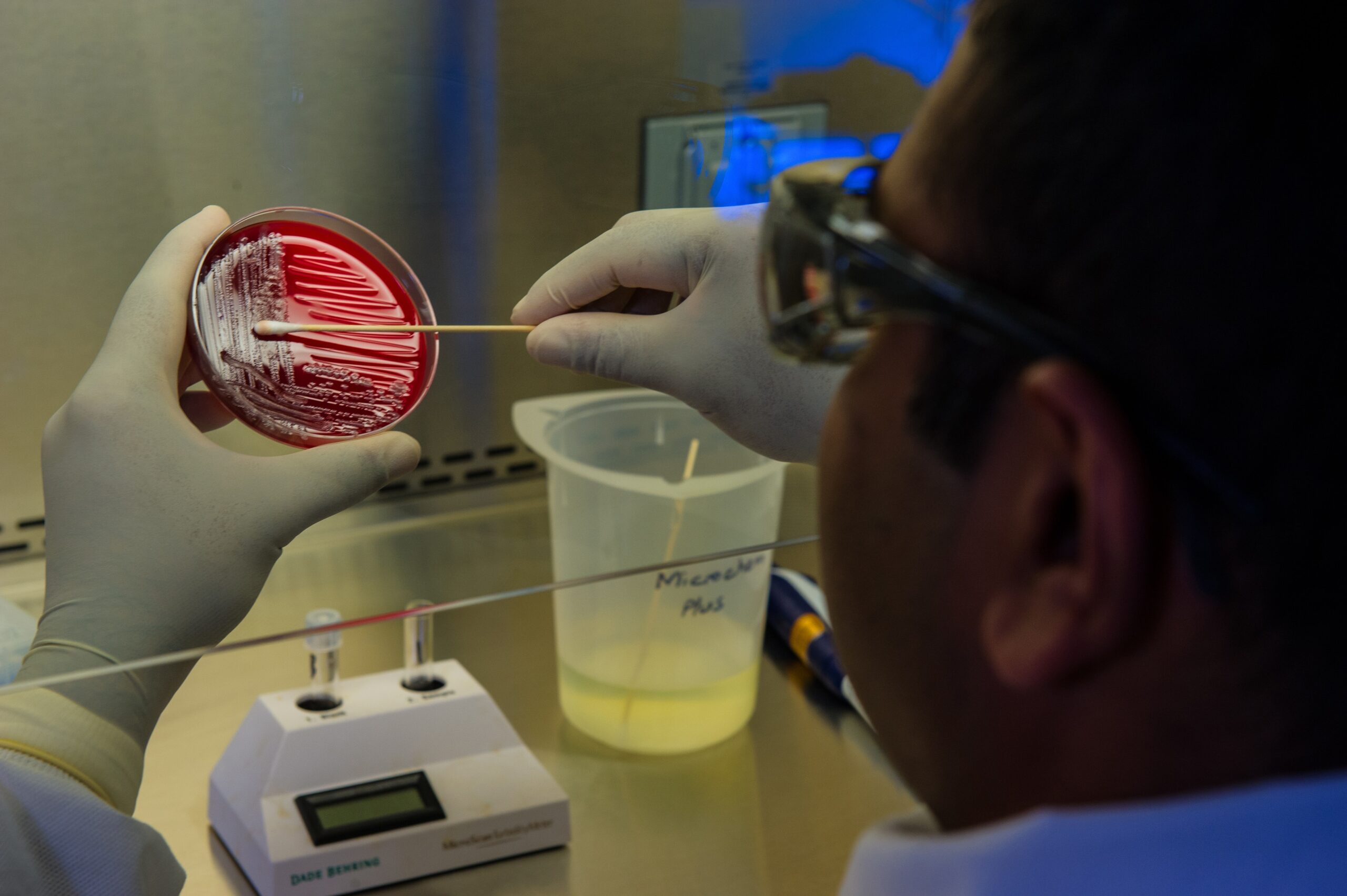When it comes to healthcare, there are numerous departments and professionals involved in ensuring the well-being of patients. One vital department that plays a crucial role in diagnosing diseases and guiding treatment plans is the Department of Pathology.
The Department of Pathology is an integral part of any healthcare facility, including hospitals, clinics, and research institutions. It focuses on the study and diagnosis of diseases through the examination of tissues, organs, bodily fluids, and cells.
Pathologists, who are medical doctors specialized in pathology, work closely with other healthcare professionals to provide accurate and timely diagnoses. They play a vital role in patient care by helping to determine the cause, nature, and progression of diseases.
The Role of the Department of Pathology
The Department of Pathology has several key responsibilities:
- Diagnosis: Pathologists examine samples obtained from patients, such as biopsies, blood smears, and cytology specimens, to identify diseases and conditions. They use various techniques, including microscopy, molecular testing, and immunohistochemistry, to analyze the samples and provide accurate diagnoses.
- Research: Pathologists are involved in conducting research to better understand diseases and develop new diagnostic and treatment methods. Their research contributes to medical advancements and improves patient outcomes.
- Consultation: Pathologists collaborate with other healthcare professionals, such as surgeons, oncologists, and radiologists, to provide expert opinions and guidance on complex cases. They help interpret test results and advise on appropriate treatment options.
- Autopsy: Pathologists perform autopsies to determine the cause of death and provide valuable insights into disease processes. Autopsies are crucial in identifying potential public health concerns and improving medical knowledge.
- Quality Assurance: The Department of Pathology ensures the accuracy and quality of laboratory testing. They implement quality control measures, participate in proficiency testing programs, and maintain accreditation to ensure reliable and precise results.
Collaboration with Other Departments
The Department of Pathology works closely with various other departments to provide comprehensive patient care:
- Radiology: Pathologists collaborate with radiologists to correlate imaging findings with pathology results. This collaboration helps in accurate diagnosis and treatment planning.
- Surgery: Pathologists work closely with surgeons to provide intraoperative consultations, ensuring that surgical procedures are guided by accurate and up-to-date information.
- Oncology: Pathologists play a crucial role in cancer care by providing accurate tumor diagnoses and staging. They help oncologists determine the most appropriate treatment options for patients.
- Microbiology: Pathologists collaborate with microbiologists to identify infectious agents and guide appropriate antimicrobial therapy.
The Future of Pathology
The field of pathology continues to evolve with advancements in technology and personalized medicine. Digital pathology, artificial intelligence, and molecular diagnostics are revolutionizing the way pathologists work, leading to more precise and efficient diagnoses.
Pathologists are also actively involved in research and development of targeted therapies and immunotherapies. Their expertise is essential in identifying biomarkers and predicting treatment responses.
In conclusion, the Department of Pathology plays a critical role in healthcare by providing accurate diagnoses, conducting research, and collaborating with other departments. Their contributions are invaluable in improving patient outcomes and advancing medical knowledge.













